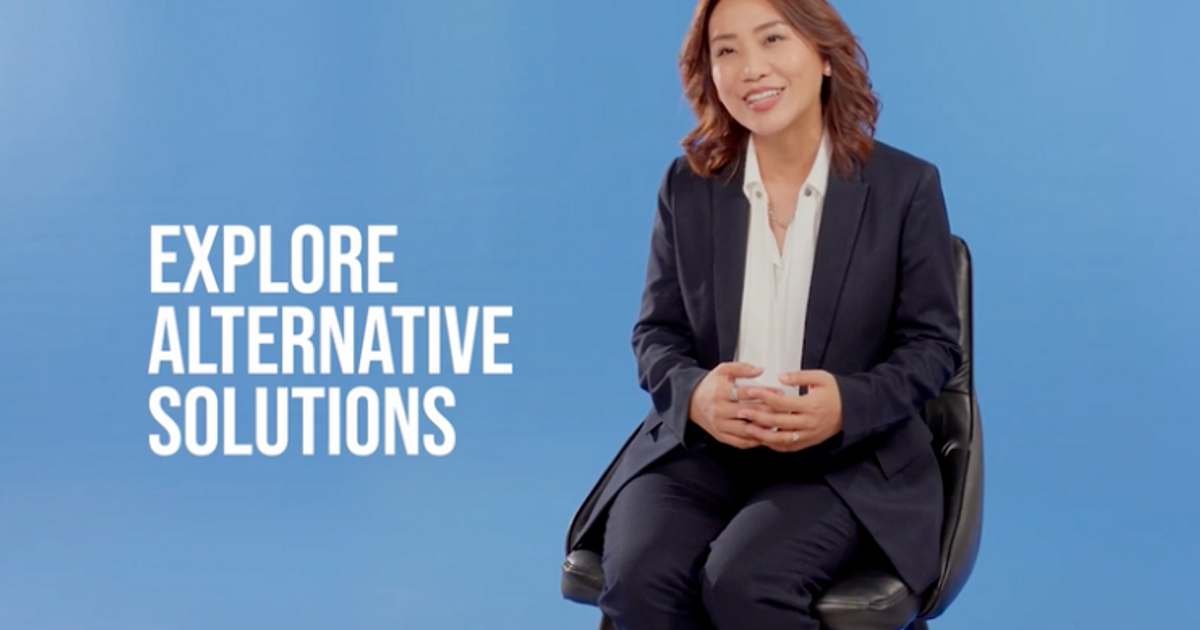Whereas the tech big has already eliminated 1% of cookies, the total deprecation is now postponed to 2025, pending approvals from regulatory our bodies just like the UK’s Competitors and Markets Authority (CMA) and Info Commissioner’s Workplace (ICO).
Google beforehand delayed cookie deprecation in 2022. This determination comes as Google faces intricate challenges together with different suggestions from business stakeholders, regulatory scrutiny, and the necessity for additional testing of recent applied sciences.
One model big that isn’t ready for cookies to depreciate is Unilever. Recognising shoppers are diversifying their digital footprints throughout gadgets like OTT providers, music streaming, and cellular apps, the FMCG powerhouse is increasing its promoting efforts into these inherently cookie-free environments.
Nidarat Urailertprasert, Southeast Asia house care knowledge lead and knowledge head for Thailand, Malaysia, and Singapore at Unilever, says the model’s first-party knowledge capabilities vary from the apparent, together with the gathering of e mail addresses and cellular numbers for viewers concentrating on, to the intricate, having built-in Unified ID 2.0 to make sure it has exact concentrating on throughout numerous digital platforms.
Thailand’s launch of a brand new Daylight dishwashing detergent, for instance, used Unified ID 2.0 with their first-party knowledge to execute a focused marketing campaign that not solely reached current prospects but in addition goal new prospects
This method considerably outperformed conventional cookie-based strategies, attaining decrease cost-per-completed-view, elevated model consciousness, and better engagement charges.
“Apart from concentrating on house care shoppers already in our database, with Unified ID 2.0, we have been in a position to establish potential new prospects utilizing look-alike concentrating on. This technique includes figuring out and concentrating on people with traits just like these of our current prospects, permitting us to uncover new clientele,” explains Urailertprasert.
“The marketing campaign outcomes demonstrated that this new method was more practical than conventional strategies counting on cookies and second-party knowledge. Consequently, we’re planning to scale this innovation throughout our complete enterprise.”
Recommendation for manufacturers
For manufacturers navigating the transition to cookie-free promoting, Urailertprasert advises investing in various identification options and forming partnerships that improve advertising and marketing capabilities with out compromising knowledge privateness.
She emphasises the significance of training inner stakeholders in regards to the effectiveness of recent methods by way of related KPIs, akin to gross sales impression or model raise, to foster a way of urgency and adaptableness inside the organisation.
“Navigating the cookie-free world could be difficult, and we have discovered a helpful lesson. That is the time to look past conventional strategies and discover various identification options and partnerships,” says Urailertprasert.
“These ought to present insights that may improve the abilities of your complete group and keep away from partnerships the place you compromise on privateness. Moreover, it is essential to make sure clear reporting in return.”




